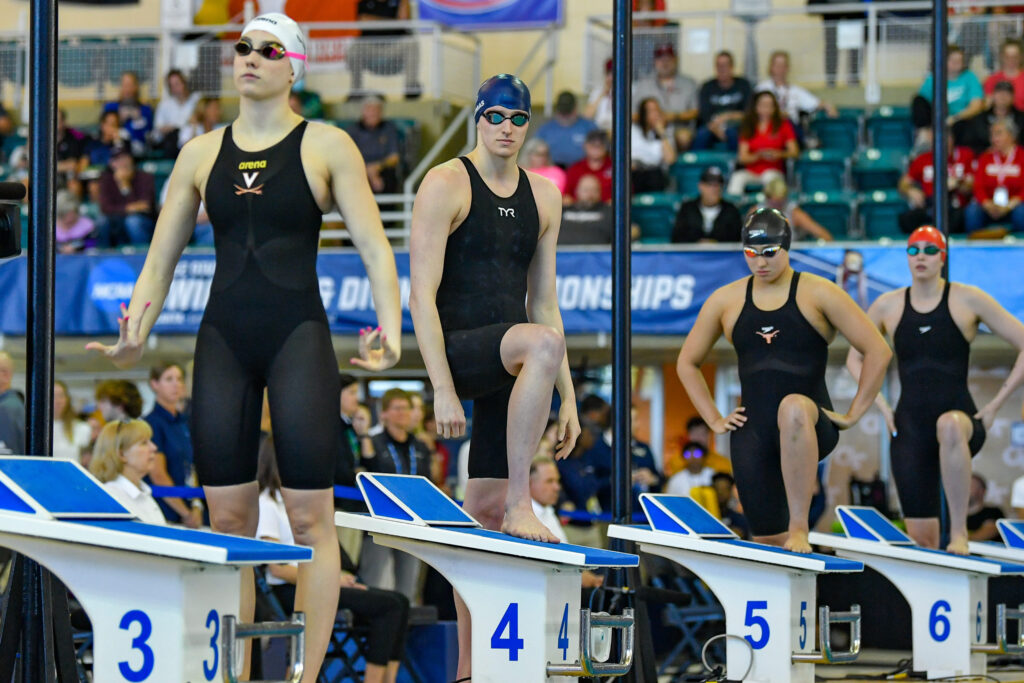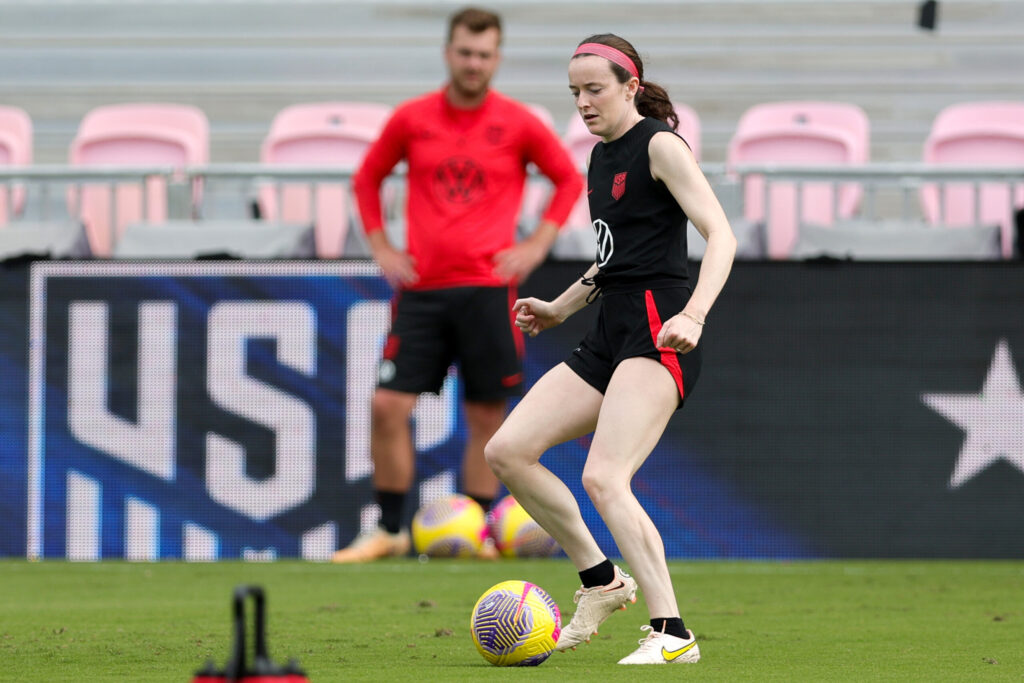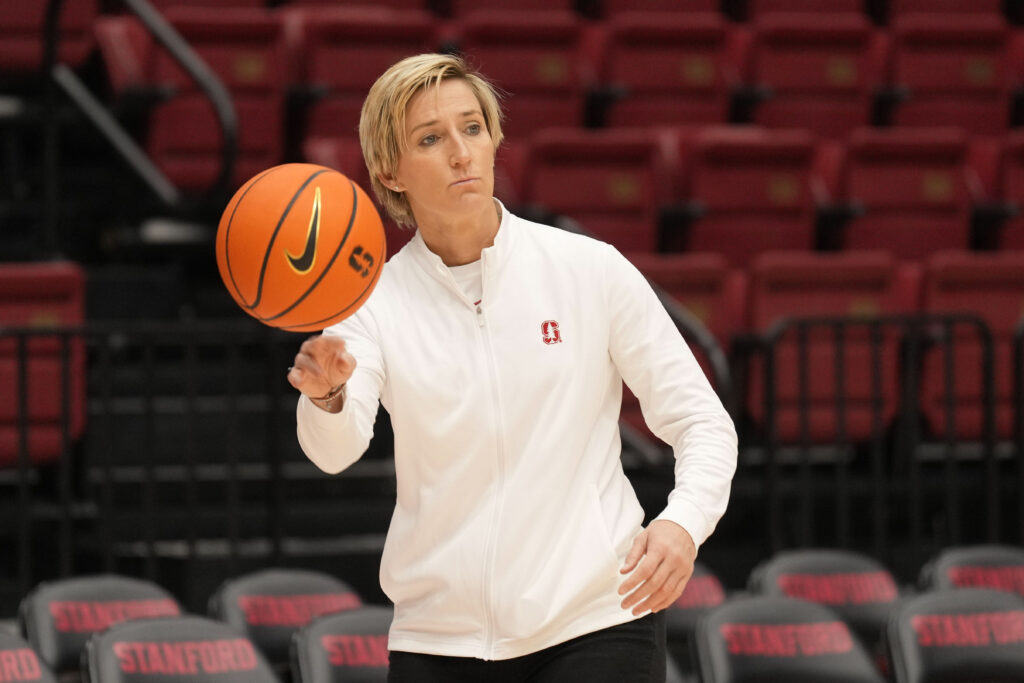Transgender swimmer Lia Thomas is speaking out about her participation in women’s swimming.
The former Penn swimmer sat down with ABC News and ESPN in her first major interview since the NCAA swim season ended back in early March. During the NCAA swimming and diving championships in Atlanta, Thomas declined all interview requests, but she made waves in and out of the pool as the first known transgender athlete to win an NCAA Division I title.
Since then, transgender participation in sport has remained a hotly contested issue across the country.
In March, Idaho became the first state to pass a law that restricts transgender students’ access to sports. While governor Spencer Cox attempted to veto the bill, the veto was overridden by the state’s lawmakers. As of May 24, 18 U.S. states have either laws or an executive order that limits the participation of transgender athletes in sport, according to the New York Times.
The legislators often have cited the need to protect women’s sports as a reason for the bans.
“Trans women competing in women’s sports does not threaten women’s sports as a whole,” Thomas told ESPN, adding that she doesn’t buy legislators’ reasoning. “Trans women are a very small minority of all athletes. The NCAA rules regarding trans women competing in women’s sports have been around for 10-plus years. And we haven’t seen any massive wave of trans women dominating.”
After graduating from Penn earlier this month, Thomas will attend law school in the fall, where she plans to focus on civil rights and public interest law.
“Having seen such hateful attacks on trans rights through legislation, fighting for trans rights and trans equality is something that I’ve become much more passionate about and want to pursue,” she said.
Thomas competed for the University of Pennsylvania for four seasons.
She spent her first three seasons competing with the men’s team. She began hormone therapy in 2019 after her sophomore year while still competing for the men’s team, and then, after the Ivy League canceled the 2020-21 due to the COVID-19 pandemic, she competed this past season on the women’s team.
By the time she began her senior season, she had undergone 30 months of hormone therapy.
In January, the NCAA announced that its transgender athlete policy would rely on the policies of individual sports’ national governing bodies. Then in February, USA Swimming updated its policy, requiring 36 months of hormone therapy and evaluation of eligibility by a three-person panel.
For this year’s swimming and diving championships, the new policy was not adopted by the NCAA. Instead, compliance fell under the previous policy and testosterone levels that were below 10 nanomoles per liter. Under that policy, Thomas was ruled eligible to compete.
At the championships in March, Thomas won the 500-yard freestyle. She later placed fifth and eighth, respectively, in the 200- and 100-yard freestyle events.
Some athletes have spoken out in support of Thomas, with Texas freshman Erica Sullivan writing that equal rights for transgender athletes “should not be denied.” Kentucky swimmer Riley Gaines, who tied Thomas in the 200, spoke out against her participation.
“What are we trying to protect?” Gaines said in an interview with ABC’s “Nightline.” “If our priorities are fairness, which it should be in sports, why are we completely neglecting that for one person or a small group of people?”
Olympic gold medalist and Australian swimmer Emma McKeon said in April that transgender participation in sport is something that governing bodies are going to have to “think about how to handle it and how to deal with it.”
“Because you do want to be inclusive, but you don’t want to have females racing against swimmers who are biologically male because it’s just not fair,” she added.
Thomas, though, pushed back against those that make the argument that opening up participation could lead to the transitioning of athletes to gain an unfair advantage.
“The biggest misconception, I think, is the reason I transitioned,” Thomas said. “People will say, ‘Oh, she just transitioned so she would have an advantage, so she could win.’
“I transitioned to be happy, to be true to myself.”









